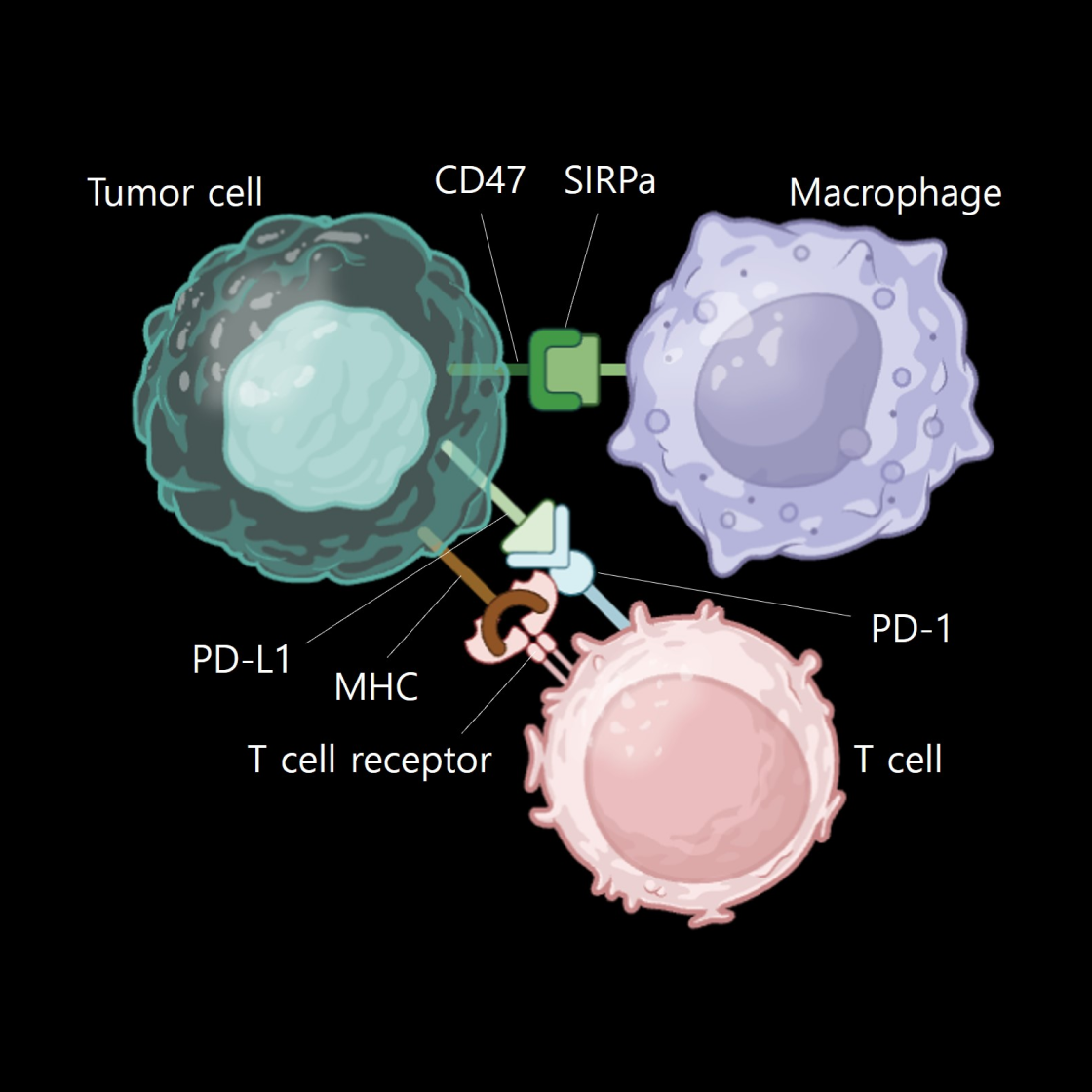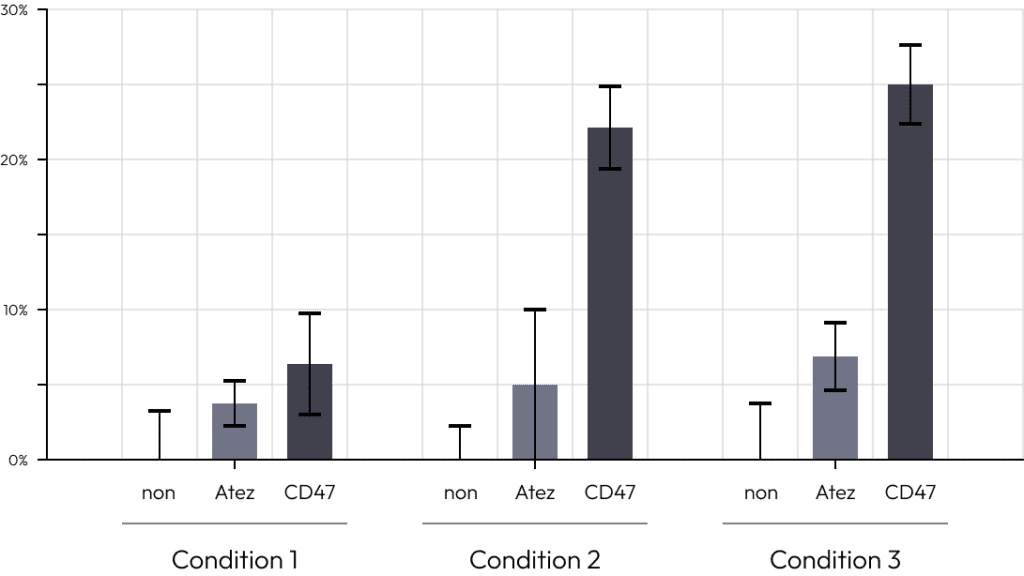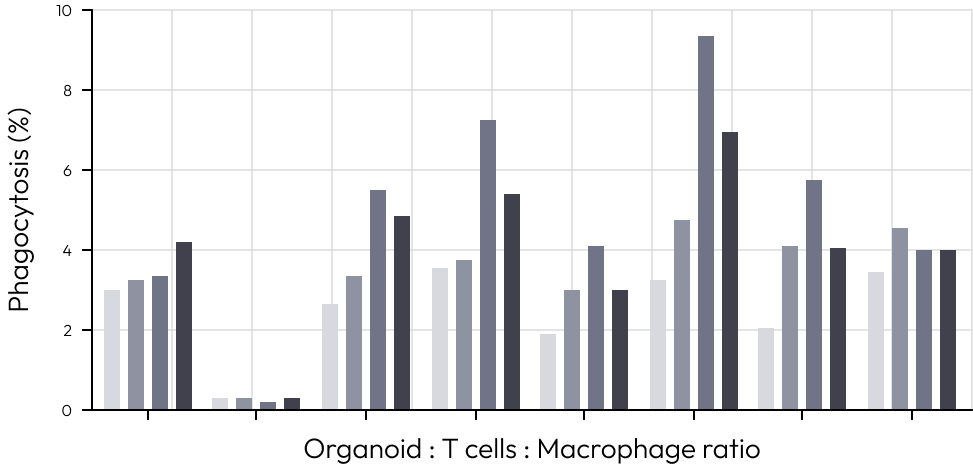AF solution
Service Type
Oncology
Immuno Oncology
Anti-Virus
Disease Modeling
Cosmetics
Toxicity
Spatial Biology
Technology Service
Resource Type
Normal Organoid
Cancer Organoid
Research Service
Others





